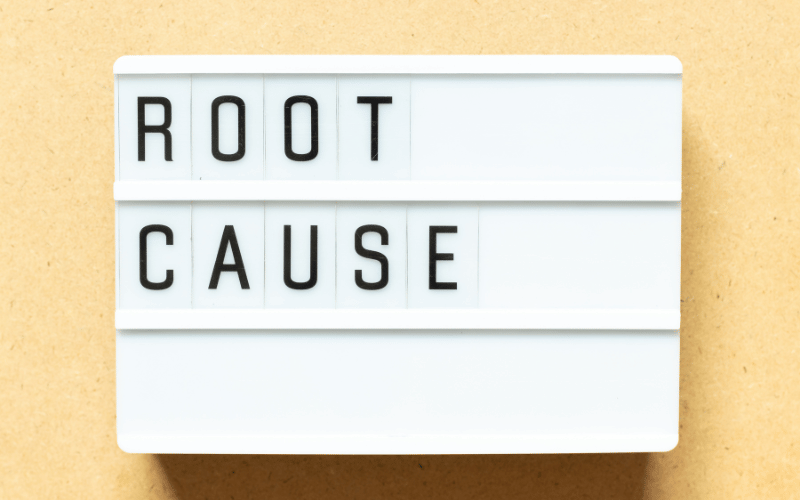2. Navigating the Causes: Not Just Bad Food

When it comes to the culprits behind diarrhea, infectious agents like bacteria, viruses, and parasites often hog the limelight. E. coli, Salmonella, and norovirus, among others, are notorious for causing outbreaks, especially through contaminated food or water sources.
But beyond these microbes, certain foods can also upset our digestive balance. Lactose, a common component in dairy, can trigger diarrhea in those with lactose intolerance. Artificial sweeteners, especially sorbitol found in certain gums, are also known offenders. It’s fascinating how the foods we relish can sometimes turn against us.
Our gut, often referred to as the second brain, can mirror our emotional state. Stress, anxiety, and major life upheavals can reflect in our bowel movements, leading to episodes of diarrhea. It’s a testament to the deep mind-gut connection.
And then there are medications. The very drugs we consume to address one health issue can sometimes introduce another, with diarrhea being a potential side effect. Especially notorious in this regard are some antibiotics and chemotherapy drugs.
For some, however, diarrhea is a chronic visitor, hinting at deeper, underlying conditions. Chronic diarrhea can often be a symptom of conditions like Irritable Bowel Syndrome (IBS), Crohn’s disease, or even Celiac disease. (2)